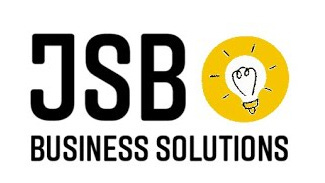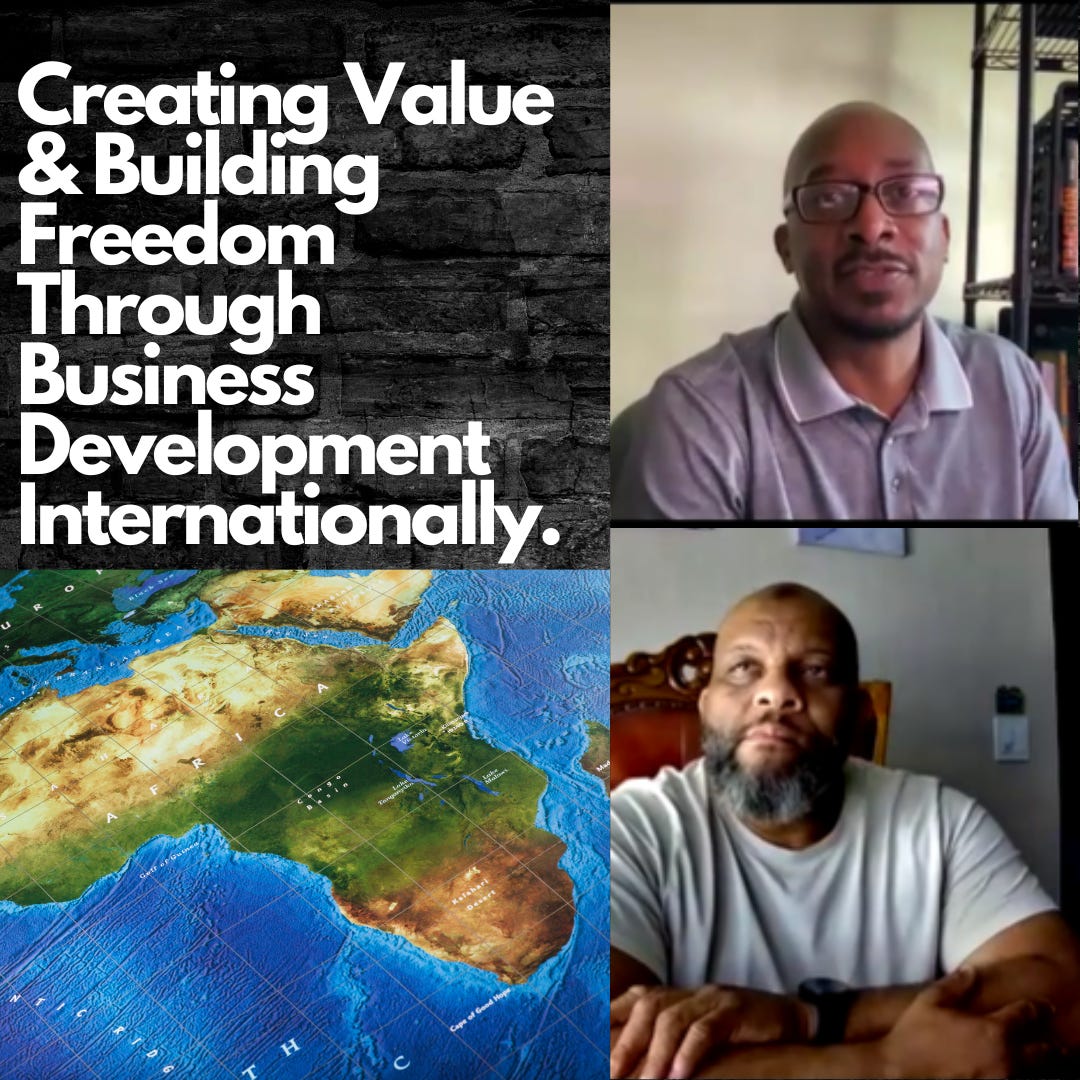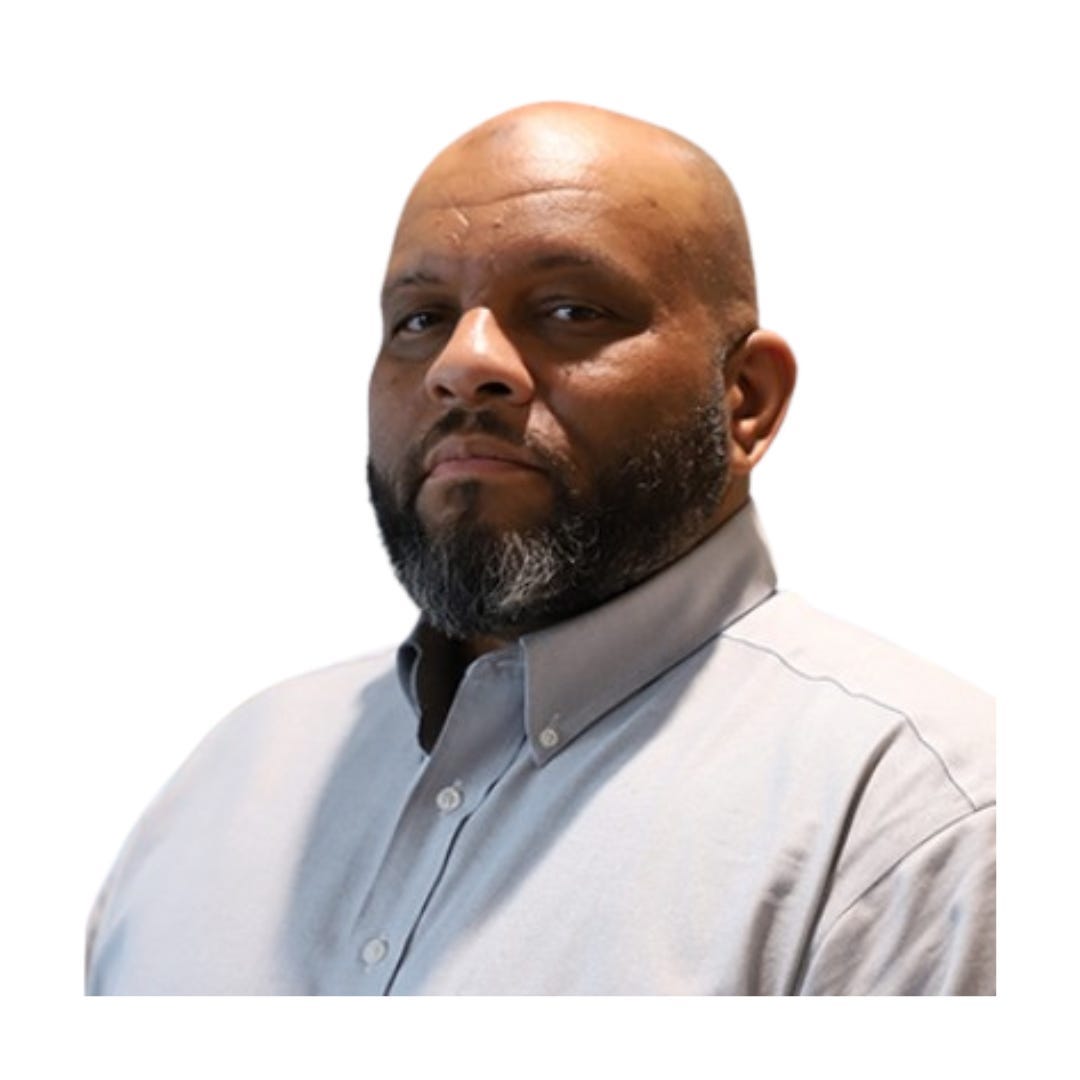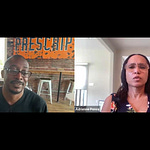The Grow Givers Project has a new podcast! On the show, we aim to spotlight successful entrepreneurs and achievers, share their stories, and equip our audience with the tools, inspiration, and mental frameworks to level up in their businesses and lives. Today, I’m excited to share a written recap of “Episode 3: Creating Value & Building Freedom Through Business Development Internationally.” In this episode, I connected with Faruq Hunter, the Freedom Nation, and Freedom Village co-founder, international business development specialist, and community builder employing innovation, technology, and creativity to form sustainable, dynamic ecosystems.
About Faruq Hunter
Faruq Hunter is a proven global professional, project manager, and entrepreneur who specializes in investing in and establishing revenue-generating projects with low operating costs and debt-free with the capacity to fuel growth at scale.
Faruq Hunter is the co-founder of the Freedom Nation and Freedom Village, having constructed a town for manufacturers, innovators, and creatives providing the agency for people to live a lifestyle of experimentation, growth, and freedom. The entire town produces its own food, electricity, water, and natural gas on an internally developed distributed energy production smart grid.
Share
Hunter has been a featured speaker in Black Enterprise Magazine, SXSW, Georgia Tech’s Impact Series, and over 50 additional venues throughout 80-plus countries on the topics of innovation, collaboration, and technology. Hunter completed his first degree at the International University of Africa in Khartoum, Sudan at the age of 13, and has continued to be a trailblazer transforming the concept of making economic progress and production on an international stage into reality.
Faruq Hunter | Freedom Nation
The Grow Givers Project has a new podcast! On the show, we aim to spotlight successful entrepreneurs and achievers, share their stories, and equip our audience with the tools, inspiration, and mental frameworks to level up in their businesses and lives. Today, I’m excited to share a written recap of “Episode 3: International Commerce in the African Diaspora.” In this episode,
Key Takeaways
#1. Closed Minds Don’t Get Fed. When establishing yourself in a foreign country, you may be shocked by a slower pace of commerce, different norms, and expectations around the quality of goods and services, or unfamiliar customs. The pace of your business growth will be determined by your ability to LEARN, adapt, holistically embed in the country, and get on the same side of the table as the decision-makers you’re serving.
#2. Be Intentional About Establishing Roots. There is nothing passive about establishing business interests internationally. People who gain traction quickly find ways to immerse themselves in the culture: attending school, living in the country to understand customs and values, and being highly aware of how locals perceive you as a foreigner.
#3. Be the Plug. Sharing is Caring, and Profitable. A thriving ecosystem where information can travel is required to build a thriving business anywhere. One of the greatest hindrances to achieving international success is the gatekeeping of information by those who have already gained traction. Much of the time, there is not a need to gatekeep. Remember that a rising tide lifts all boats, and consider that you may end up doing international business with those who you share information and build alliances with.
#4. See the Entire Chess Board. Be aware not only of the needs of your customers, but also of the interests of the government, industries, and other stakeholders. A heightened sense of awareness is necessary, and you must tailor your business strategies to address needs and align with interests at every level.
#5. Relentlessly Study Human Behavior. Faruq Hunter spent years studying why people make decisions to better understand where the skill, talent, and knowledge stacks he’s developed would be in greatest demand. Suggested books included "The Tipping Point," "Good to Great," and "The Little Black Book of Connections."
As a starting point, work to understand 2 biases that affect human decision-making:
Availability Bias: People over-index and overestimate based on their singular experiences, or what they know. If they haven’t seen it, observed it, or been a part of something, they will dismiss or violently oppose it.
Social Proof Bias: People will take their cues from what others are doing, specifically people who they believe are popular. Monkey see, monkey do. Seeing other people move differently or make different decisions greatly unnerves people.
#6. You Need to Know How to Assemble a Team. A good team needs to involve each of these 3 types of people:
Mavens: People who are highly effective at generating and communicating ideas. Information specialists who accumulate and share knowledge.
Connectors: People who make connections across social, business, religious, and political boundaries, developing networks and relationships in diverse groups.
Salespeople: Persuasive individuals who drive the adoption of new ideas.
#7. “Shiny Object Syndrome” is the Kiss of Death Overseas. Do not see a foreign industry as a “shiny object” that you can fly over and steal from under everyone’s noses. On the contrary, making an entrance in a foreign economy requires a robust understanding of the market dynamics. Research the local economy and learn about development plans. Take inventory of whether the prerequisite resources for your business model are in place and whether leaders capable of setting and executing plans are present. Consider whether political, financial, and religious vectors of power are pointing in directions that support your business model.
#8. Use Open Source Intelligence. You can find a tremendous amount of open source intelligence for free online. Use it to research the economy, market dynamics, the “who’s who” of the country, relevant public-private partnerships underway in the country, and where power sits.
#9. Use Intelligence from Social Connections. Your ace in the hole is the person in your network who can walk into a room, be disarming to people, and gather valuable information about what people want and need through unsuspecting casual conversation. Think about who you know that fits this bill, and who you can send them to talk to.
Want to learn more? Join the conversation in the full video. Let's grow together! ➡️ [Watch the Full Video By Click the Link Here]
The world around us wasn’t built by the exceptional. It was built by everyday people who were willing to do exceptional things. Go build something.
Want to learn more about me? Visit my online profile here. Interested in collaborating, gain more insight by clicking here.

Thanks for reading The Grow Givers Project! Subscribe for free to receive new posts and support my work. And remember, sharing is caring.















Share this post